The choice of materials for
engineering bolts depends on various factors, including the specific application, environmental conditions, required strength, and cost considerations. Here are some common materials used for engineering bolts, along with their characteristics:
Carbon Steel:
Advantages: Cost-effective, readily available, and can provide sufficient strength for many applications.
Considerations: Susceptible to corrosion, especially in harsh environments.
Alloy Steel:
Advantages: Improved strength and hardness compared to carbon steel. Alloying elements such as chromium, nickel, or molybdenum can enhance corrosion resistance.
Considerations: Higher cost compared to carbon steel.
Stainless Steel:
Advantages: Excellent corrosion resistance, especially in corrosive environments. Available in various grades with different levels of corrosion resistance.
Considerations: Generally more expensive than carbon or alloy steel. Strength may be lower compared to some alloy steels.
Brass:
Advantages: Good corrosion resistance, especially in non-corrosive environments. Suitable for decorative applications.
Considerations: Lower strength compared to steel. Not suitable for high-strength applications.
Titanium:
Advantages: Lightweight, high strength, and excellent corrosion resistance, particularly in marine environments.
Considerations: Higher cost compared to steel. Limited availability in some applications.
Copper:
Advantages: Good electrical conductivity, corrosion resistance in certain environments.
Considerations: Lower strength compared to steel. Limited use in specific applications.
Nickel Alloys:
Advantages: Excellent corrosion resistance, especially in aggressive chemical environments.
Considerations: Higher cost compared to carbon or alloy steel. Used in specialized applications.
Ceramic and Composite Materials:
Advantages: Lightweight, corrosion-resistant, and can be tailored for specific applications.
Considerations: Limited to certain applications due to brittleness and specific material properties.
The selection of the appropriate material involves considering factors such as mechanical properties, environmental conditions, cost, and the specific requirements of the application. For critical applications, it's common to consult industry standards and guidelines to ensure that the chosen material meets the necessary specifications and standards for strength, corrosion resistance, and other relevant properties.

 中文简体
中文简体
 English
English
 Español
Español
 Deutsch
Deutsch



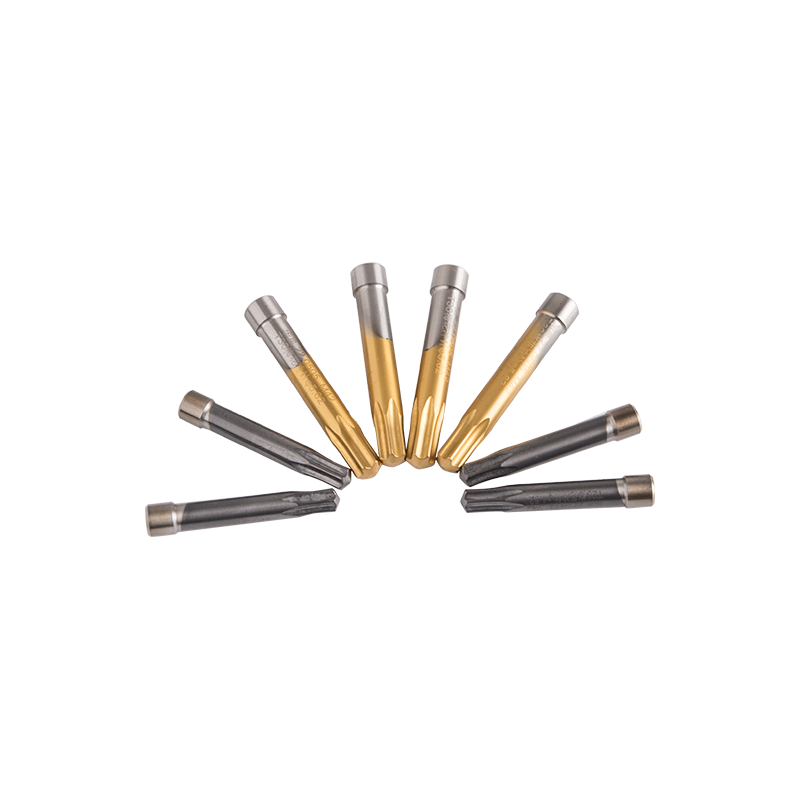
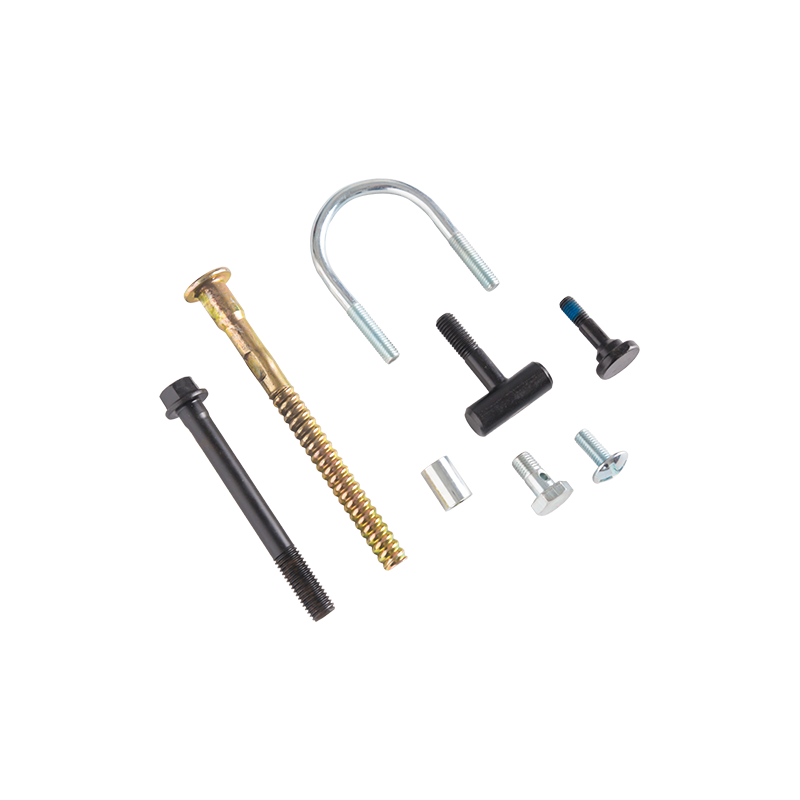
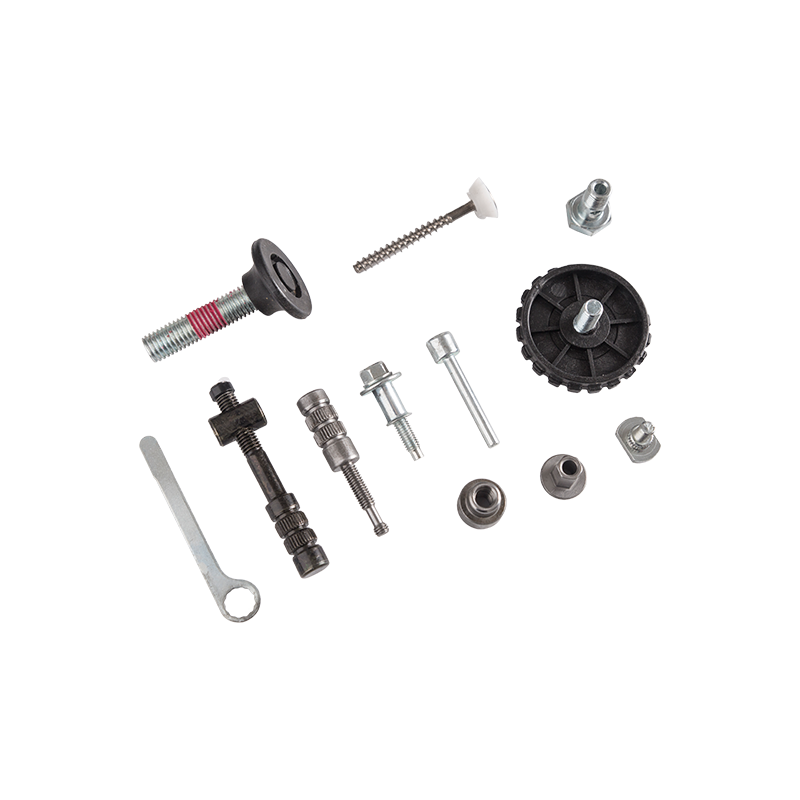

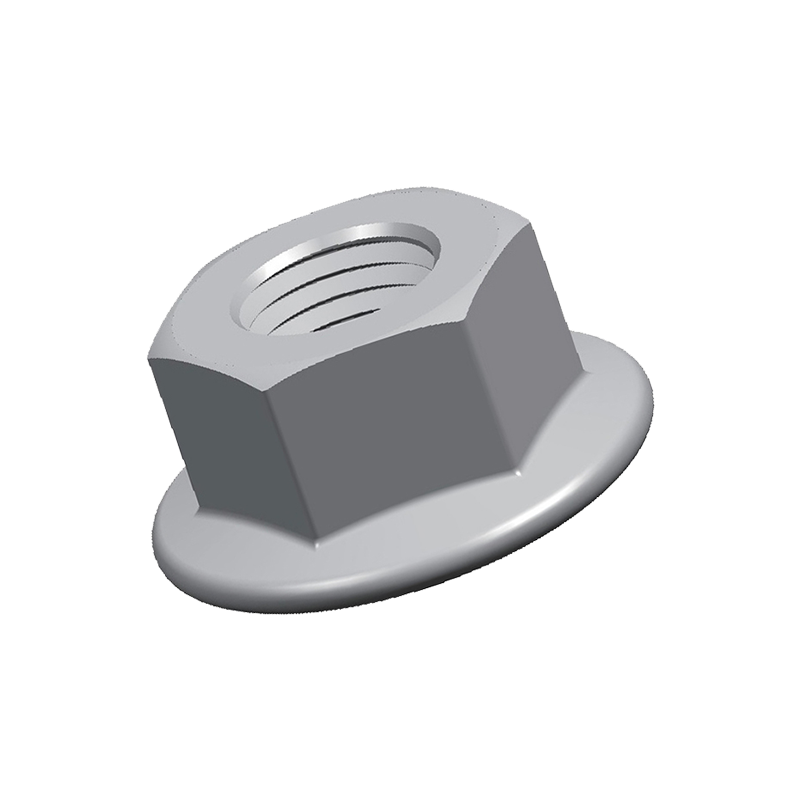
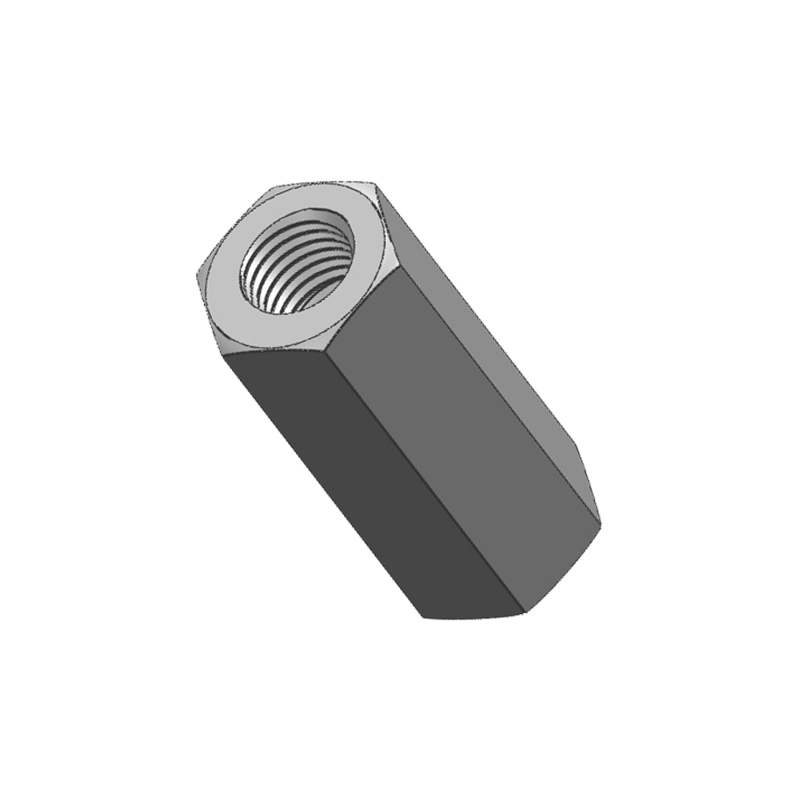
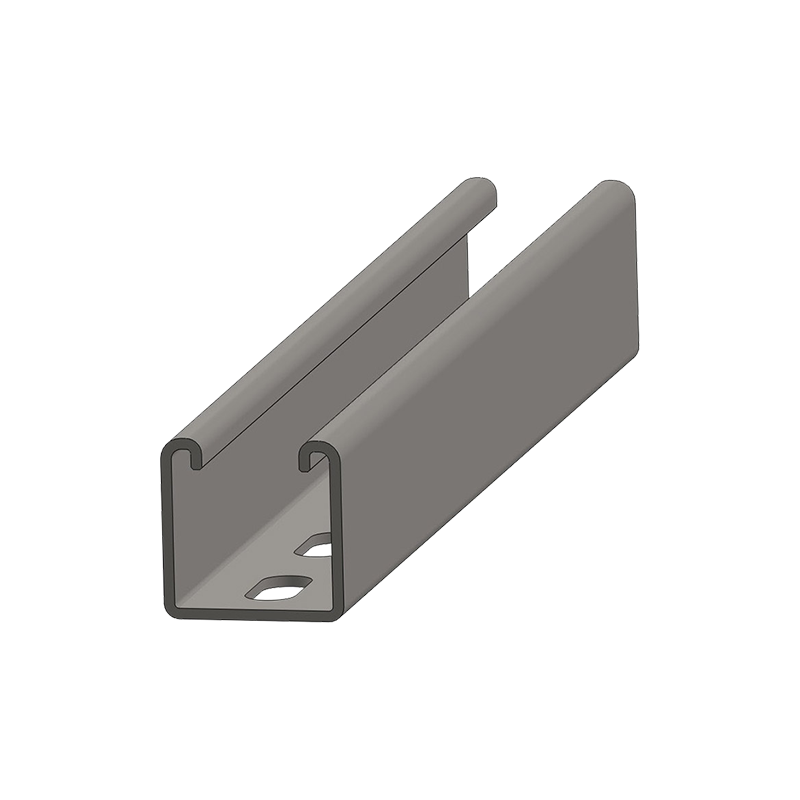

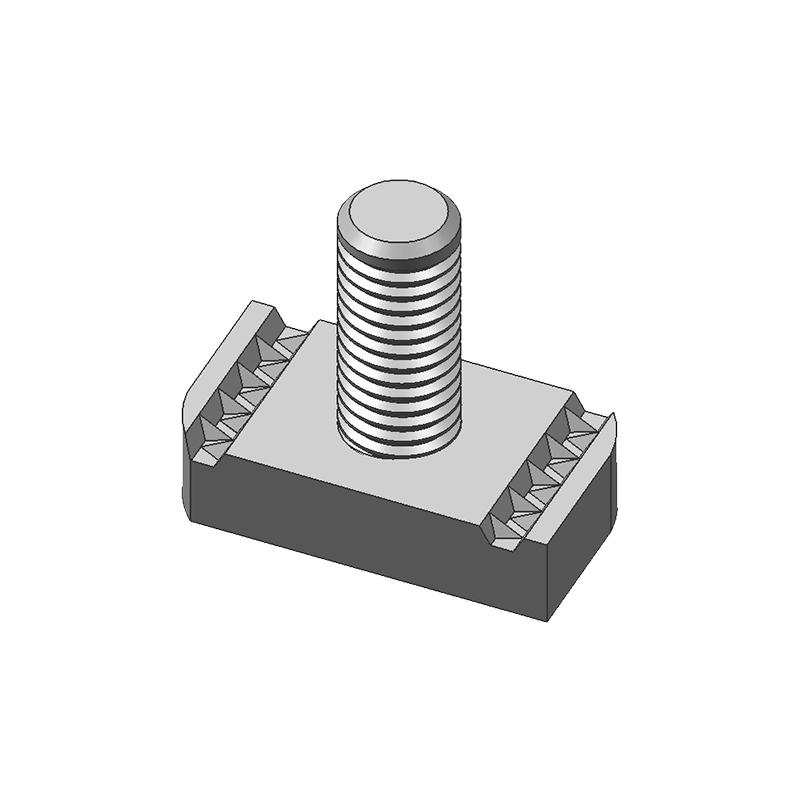
.png)
.png)






